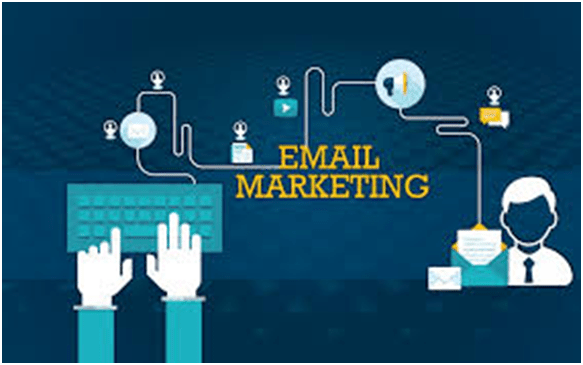Email Marketing: Timeless Effectiveness
The use of e-mails as marketing tools has been a practice in use for many years. If in the past the sending of e-mails was done randomly, or without specific filtering of contacts, now thanks to e-mail automation the recipients are chosen based on their real interests.
For e-mail marketing is a type of direct marketing, a communication one-to-one with the user by sending e-mail. The aim is to move interest in a first phase, propose solutions and offers, bring it to the purchase of a good and a service and, ultimately, retain it.
Thanks to marketing automation and the introduction of dedicated CRMs, it is now possible to send to the different contacts dedicated emails, that is, containing what is really of interest to them, a factor capable of increasing the probability that they open and read messages. Should this happen, the probability of purchasing a good, service or product would also increase exponentially. This is because inbound marketing operates according to a specific process, namely to attract, convert, conclude the purchase and retain the user.
All this is possible thanks to the introduction of dedicated CRM , with which it is possible to monitor user actions, create different contact lists for sending material, or specific funnels.
The benefits of email marketing
If the use of email as a marketing tool has been in use for so many years, there will be a reason. So here are some of the advantages given by the use of this commercial tactic.
- Savings in terms of time and money, since once the customer journey has been monitored, it will be sufficient to arrange the sending of certain contents at specific periodic intervals
- Communication practicable 24 hours a day every day of the year, as CRM automates all processes
- Communication of greater effectiveness and relevant for the user, which will see content really related to his interests delivered to his email address
- Simple management of complex plans , i.e. sending specific emails relating to the different user stages, from those aimed at attracting, converting, closing a sale and, ultimately, customer loyalty
- Constant monitoring of ROI, being able to verify costs and results in economic terms in real time
- Increase in the frequency and quantity of purchases, going to propose articles related to what is sought (cross-selling) or higher level (up-selling)
- Measurability and traceability, all with a simple click thanks to the use of dedicated CRM
- Follow up the customer journey, as the use of CRM for email automation allows you to follow the individual action of each customer
- Creation of user segments
- Total customization of e-mails sent to customers, with timely contacts where you want to finalize a purchase
- Ability to test to understand which messages are most successful.
E-mail marketing: who is it useful to?
It may seem obvious but the choice to direct one’s choice towards email marketing could be really useful to everyone. Communicating directly with potential customers will give you the opportunity to keep them updated in real time on offers and promotions, but, thanks to the use of marketing automation strategies and software, to offer content similar to their interests.
In this sense, it is therefore easy to say that e-mail marketing is one of the most effective direct means of communication, especially in recent years. Useful to consider if you want to use a means of direct communication with the user but, at the same time, not excessively invasive, such as promotional calls for example.
Obviously, if you want to exploit the full potential of e-mails, it would be a good idea to move towards marketing automation, or the real future of one-to-one communication.
Author Bio:
Angelina is a content writer, she has a 6 years of experienced writing in different niche especially in digital marketing & technology. In a meantime she also love to do photography and worked with a top Event photography services in Dubai. She also love to travel around the world to explore the beauty of the nature.





